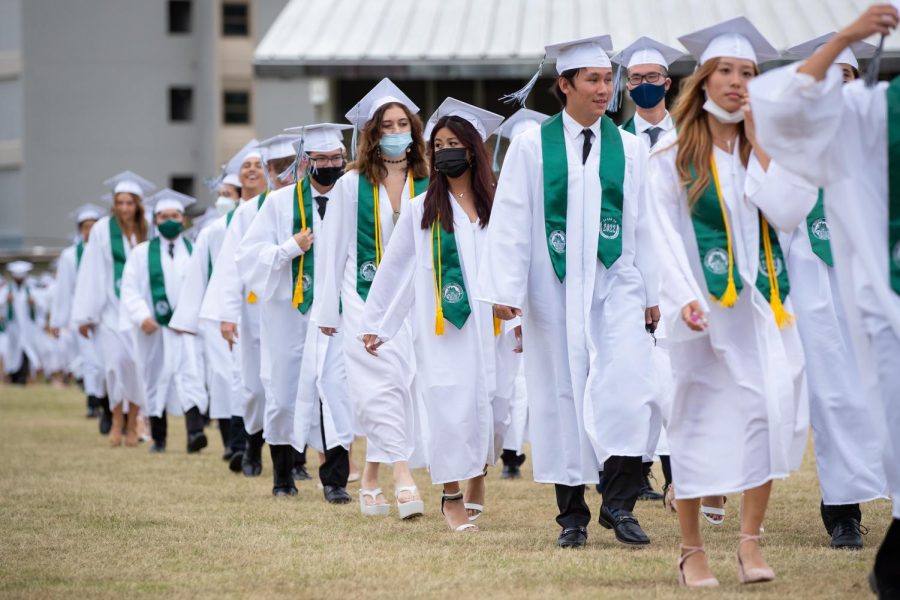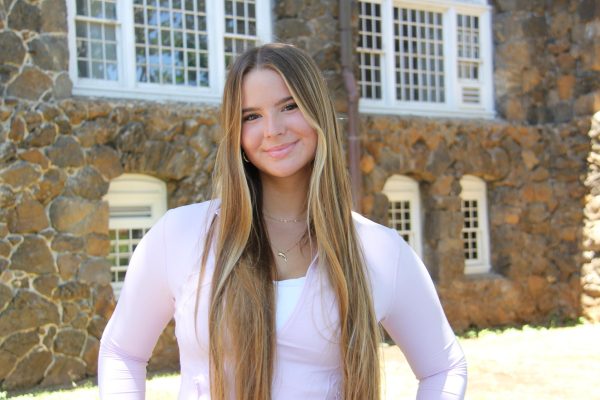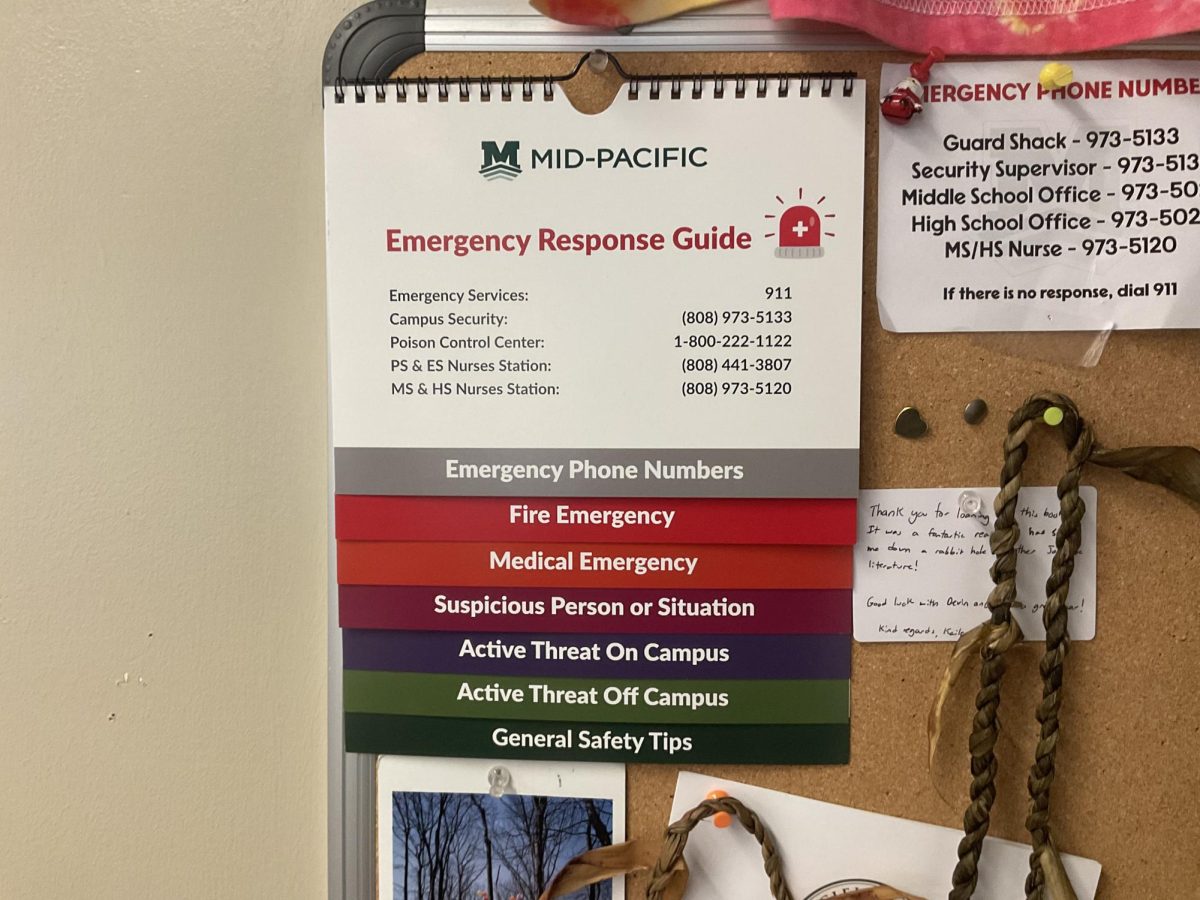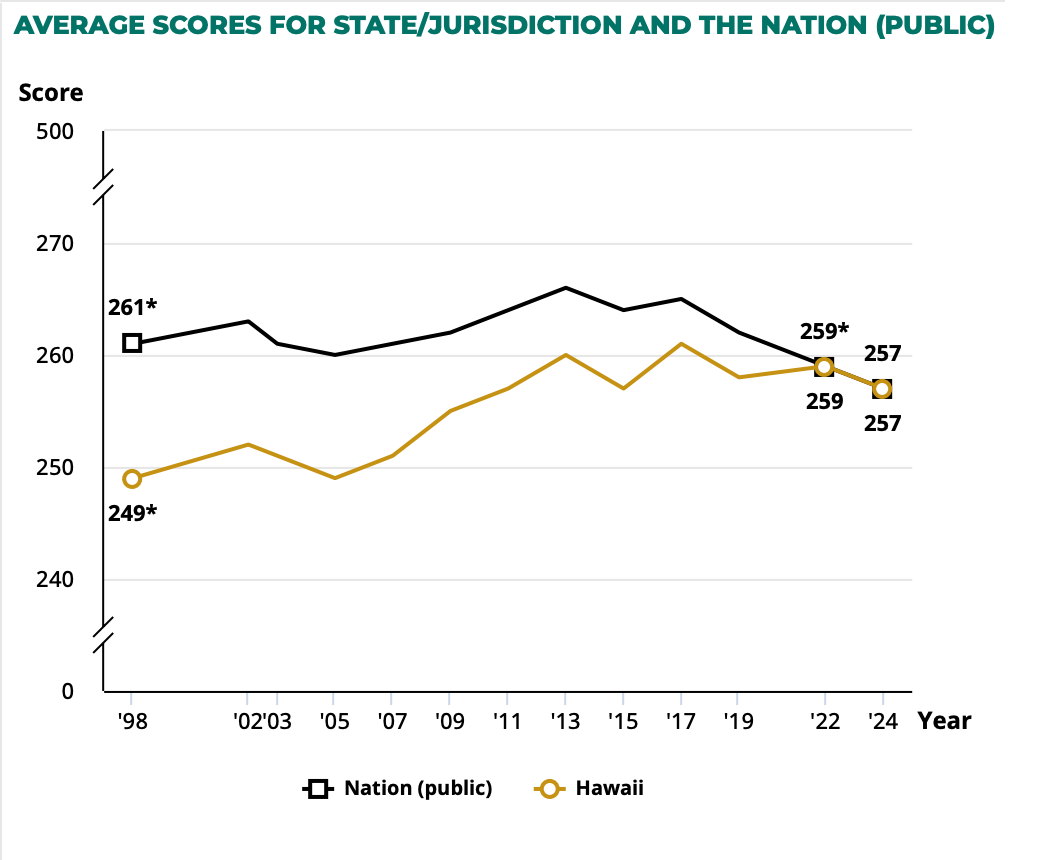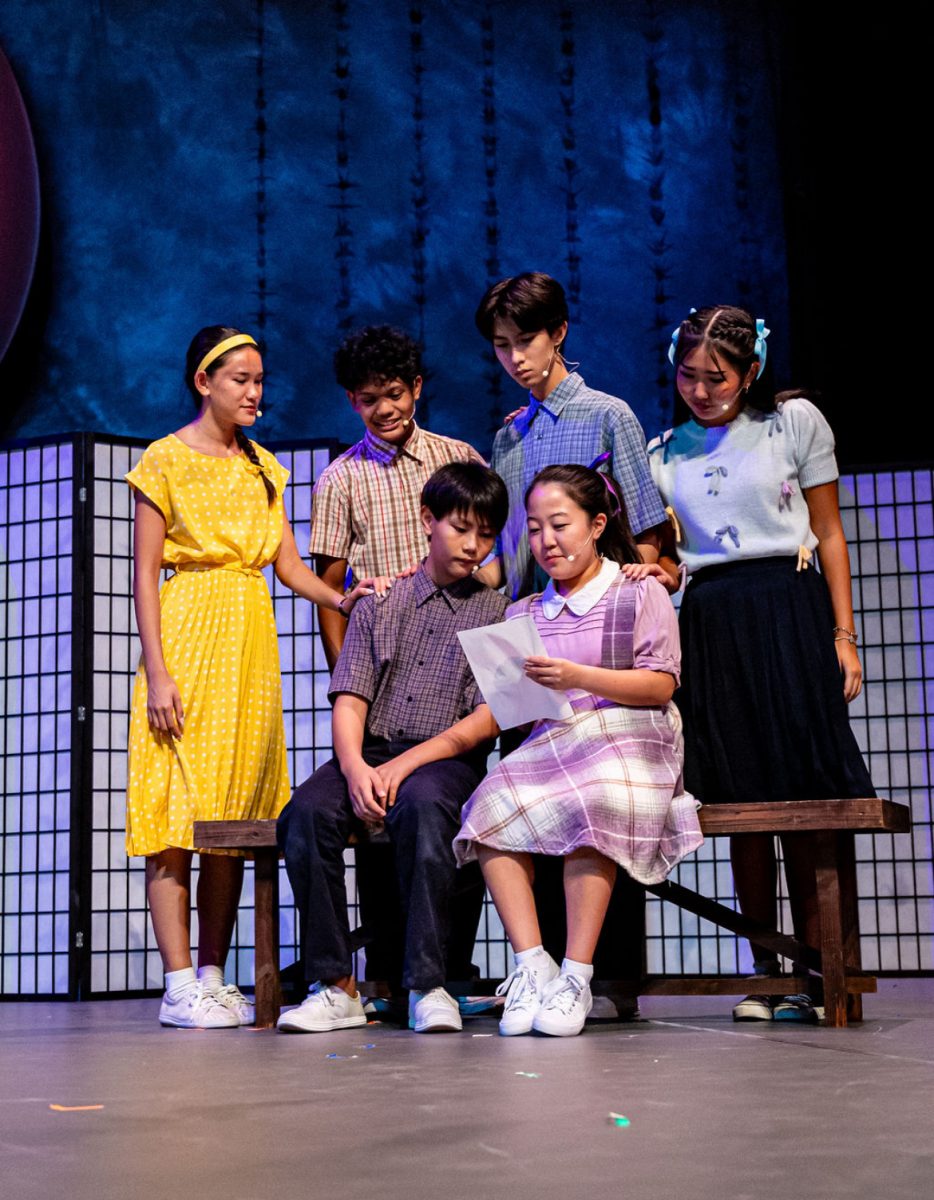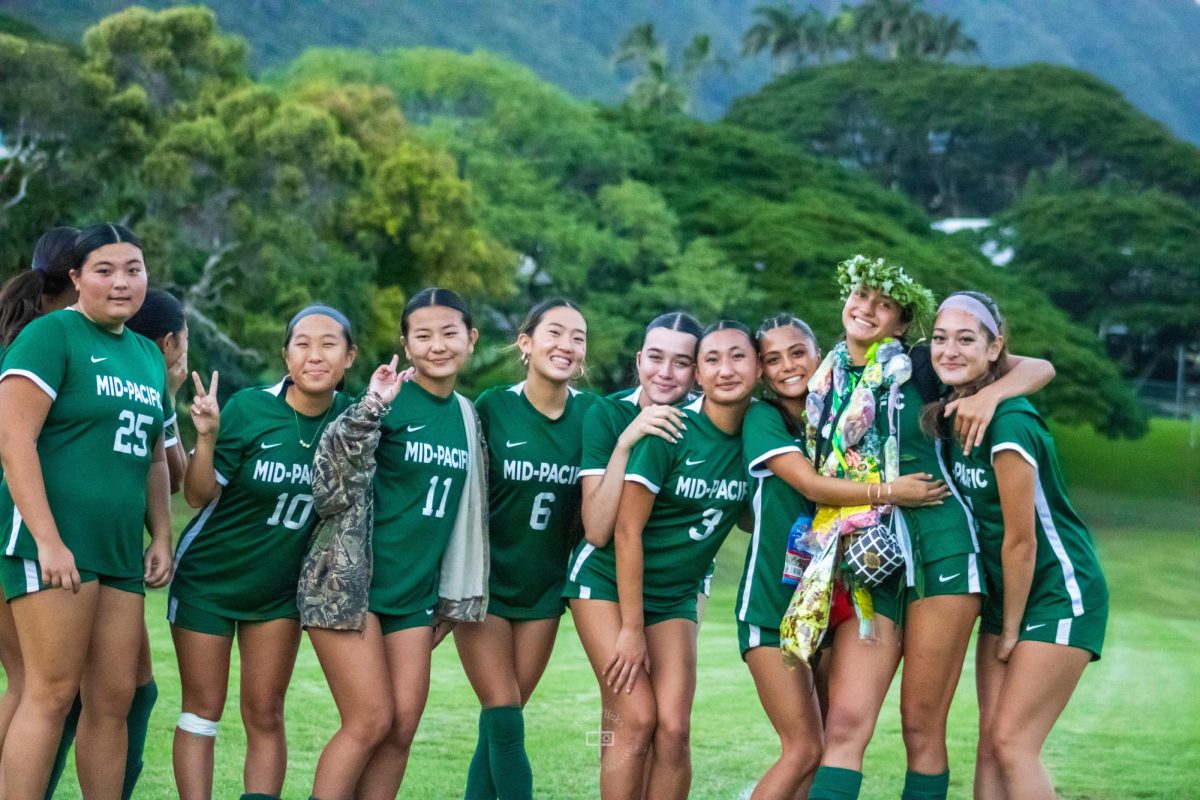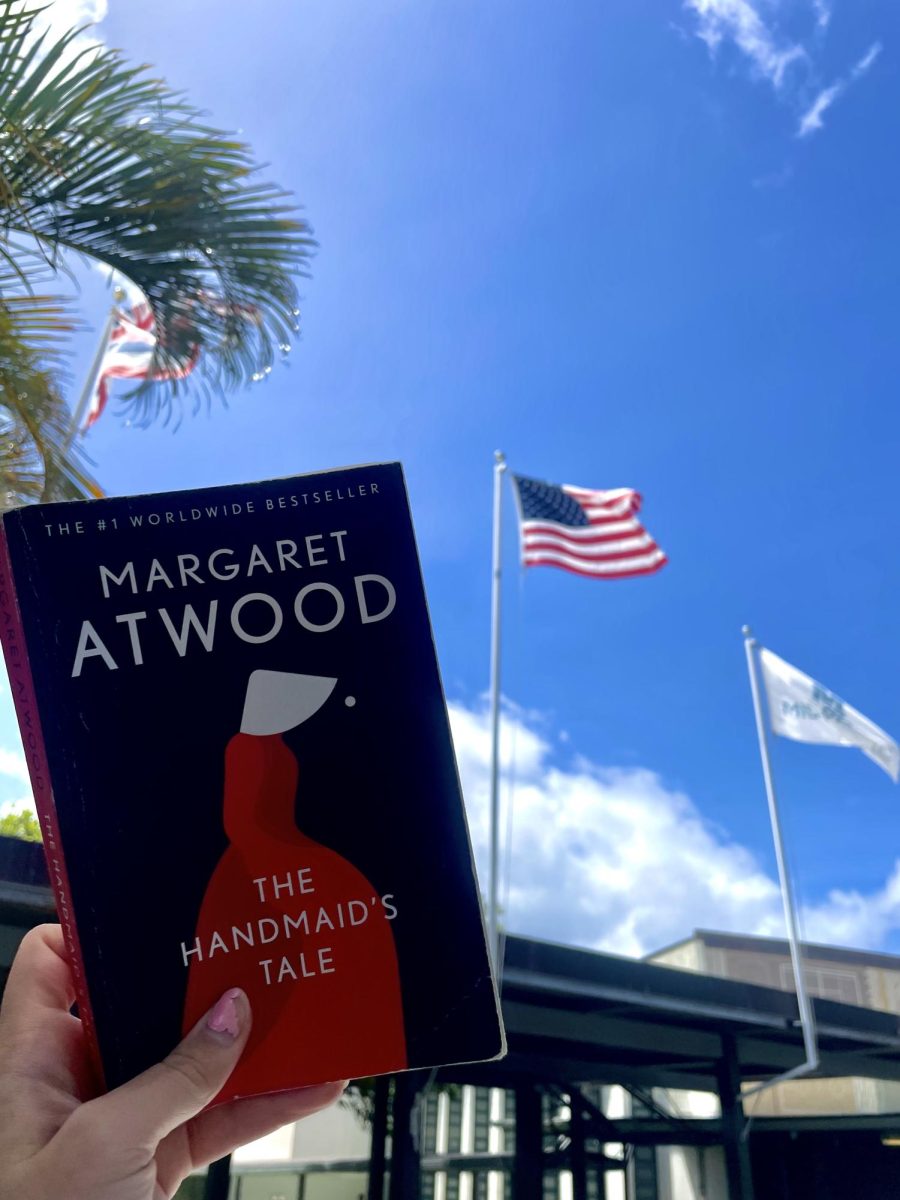Students leaving for college
January 26, 2023
For most students, home is where the heart is, but opportunities and college are leading their hearts away from Hawaiʻi.
“You are introduced to a whole different lifestyle, and have more opportunities and even the ability to build more connections. You get to try new things you can’t do here,” Elilai Petko, senior student said.
Each year, the number of students leaving the island for schools on the mainland increases, leaving Hawaiʻi as one of only nine states to have a decreasing population.
According to Mid-Pacific College Counselor Lei Haas, approximately 166 students- 83 percent- of last year’s class of 2022 are attending schools on the mainland.
“There’s a whole outflux of people yearly just for college, and a huge percentage of those never return back to Hawaiʻi to live,” Shaun Kamakea-Young, Hawaiian language teacher said.
As students start the rest of their lives, the pressure to attend the best schools for their chosen careers contributes heavily to the decisions they opt for.
“I think the biggest factor for many is their major or if they are interested in pursuing athletics,” Petko said.
Many high schoolers are intrigued by the different lifestyles, unique experiences, and abundant opportunities life on the mainland offers.
“I think it depends on their individual interests. Personally, California is appealing to me because I love the ocean, the warmth, and enjoy water polo. I know that others are also interested in things like hiking or bouldering where places like Colorado might intrigue them more,” Petko said.
While it differs between each individual, a majority of students are looking for similar qualities in colleges, resulting in a large number of high schoolers leaving the islands for mainland schools.
“Generally, many leave to find opportunities that may not be offered here in the state. Examples would be playing collegiate sports, seeking out specific academic programs, experiencing different living environments, learning more about oneself away from the comforts of home, and becoming more independent,” Haas said.
In many countries, residents seeking success in a specific career or lifestyle leave for better schooling and more opportunities, but end up staying permanently- which is commonly referred to as brain drain.
“There definitely is a brain drain,” Kamakea-Young said. “A lot of it is a narrative that’s been fed to us local kids for a long time, is that to really be successful, you have to go away. And a lot of people, depending on what their field of study is, they go away.”
Because Hawaiʻi is the most isolated population center in the entire world, it’s no surprise that we don’t have the same resources schools on the mainland do; making Hawaiʻi no exception to brain drain.
“So a lot of those bright minds that could come back and really help our communities here are now sucked away to other communities, usually on America [the mainland],” Kamakea-Young said.
Leaving isn’t always intentional; students often find themselves just gravitating toward the new opportunities that aren’t offered in Hawaiʻi.
“A lot of people I’ve talked to say that they feel like they need to get away from Hawaiʻi, even though they love the lifestyle, to allow them to grow,” Petko said.
No matter what path students choose to embark on, the knowledge and experiences they gain during their high school years will follow them, especially here in Hawaiʻi.
“Assuming those who grow up with the values that surround Hawaiʻi take that part of them to the mainland, the spirit of the islands will be shared with more people,” Petko said. “They will make sure that those values continue on to future generations.”

